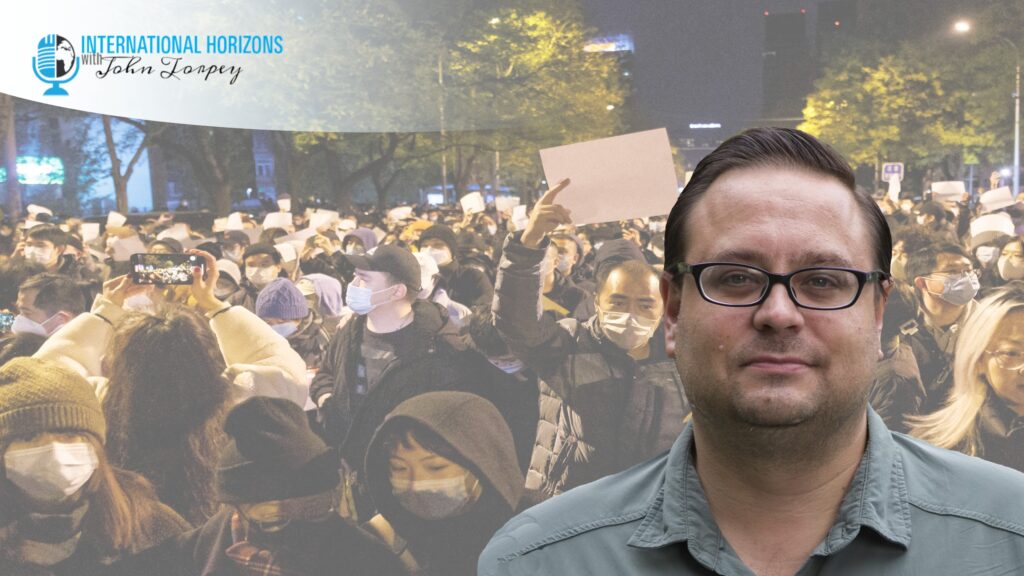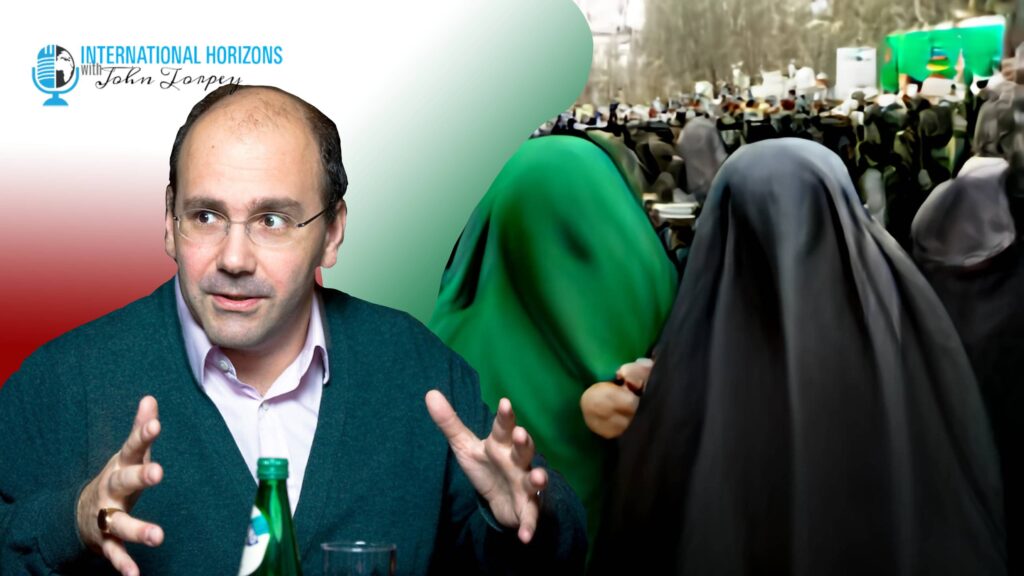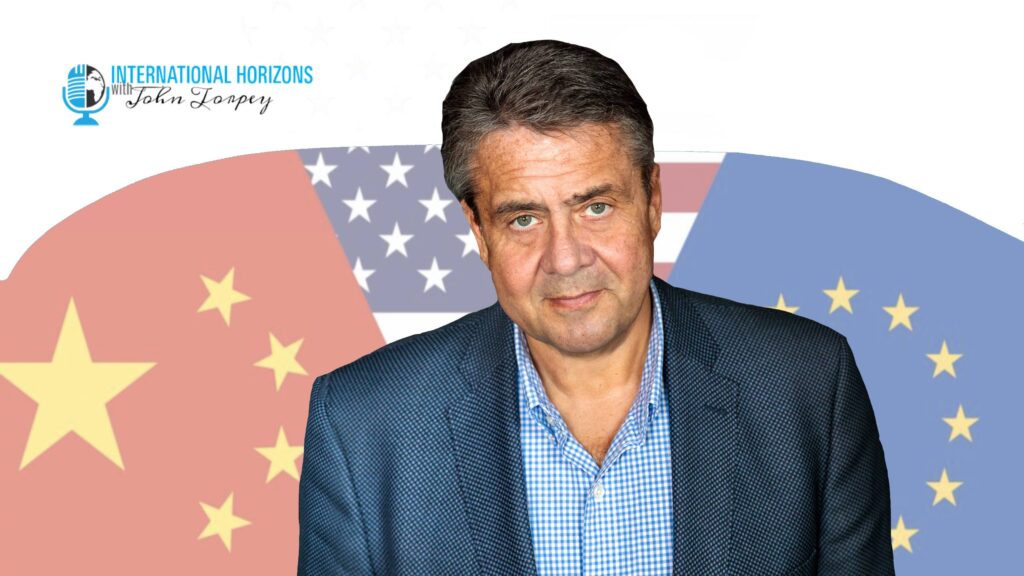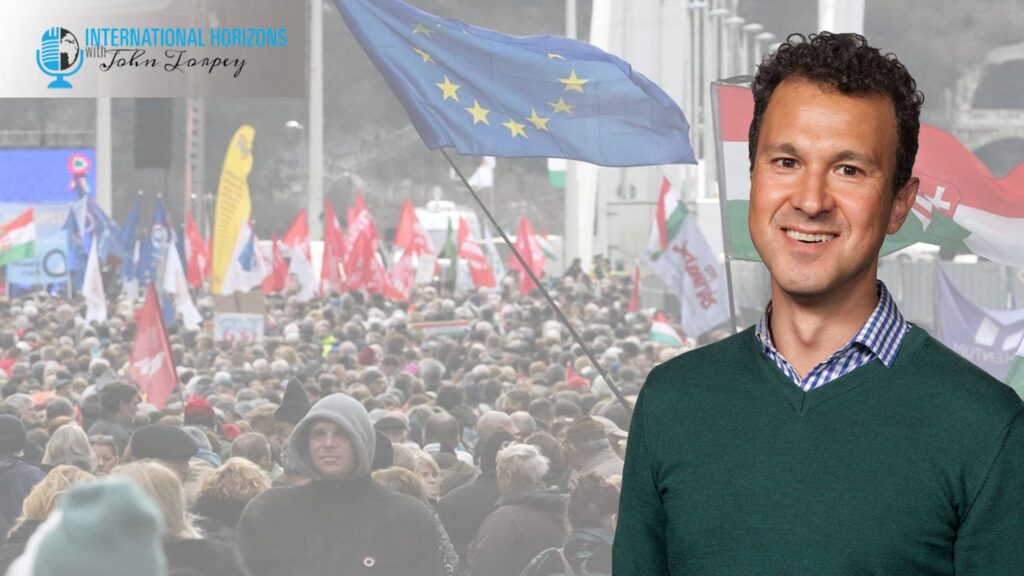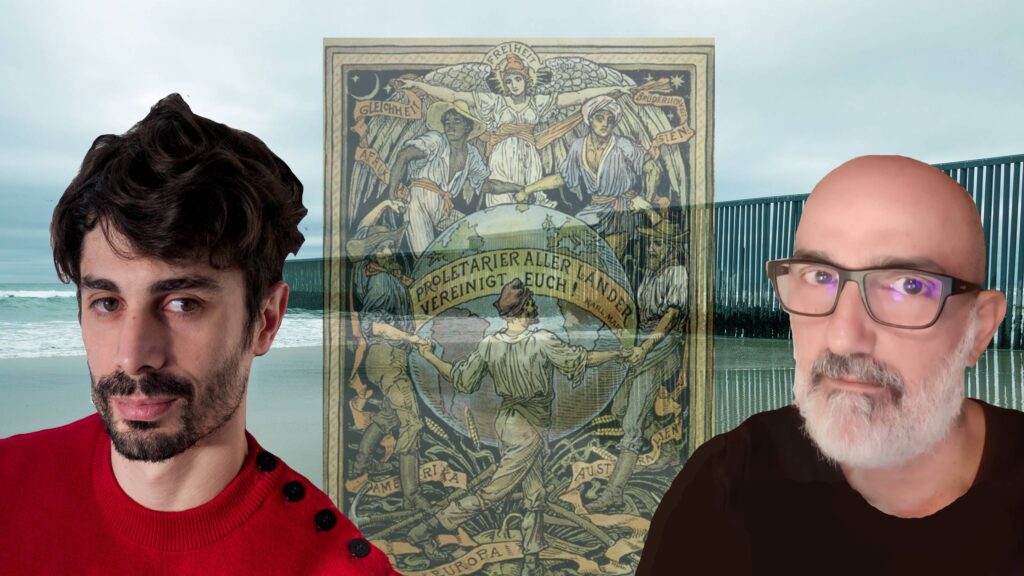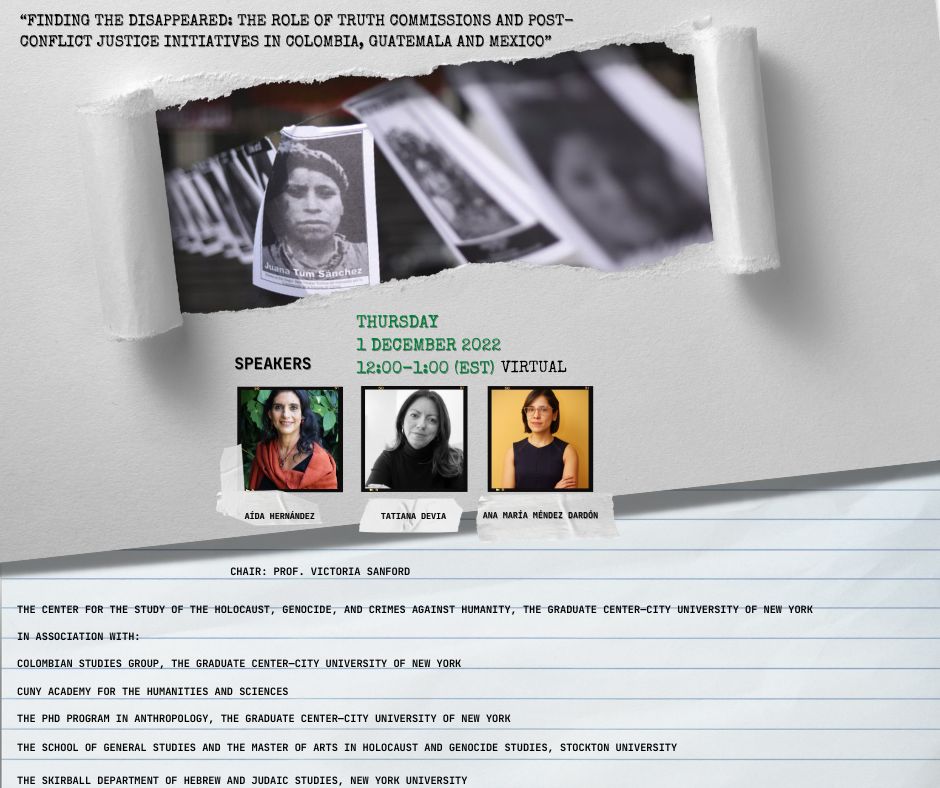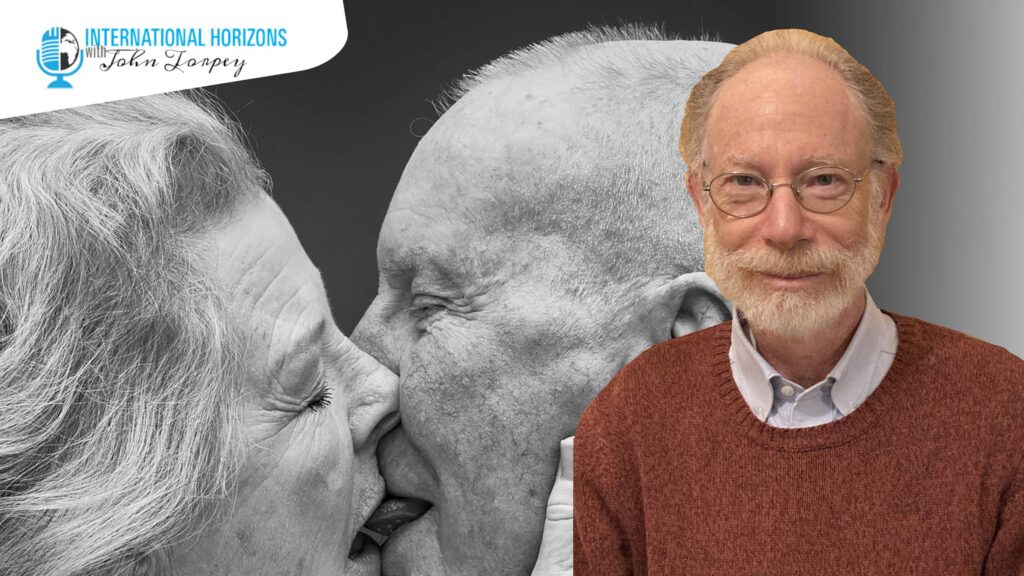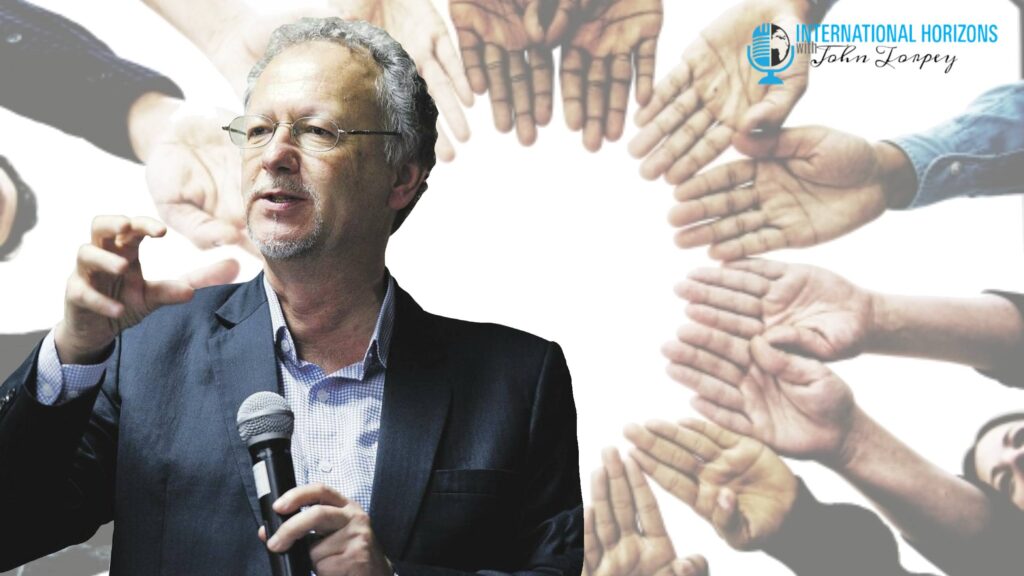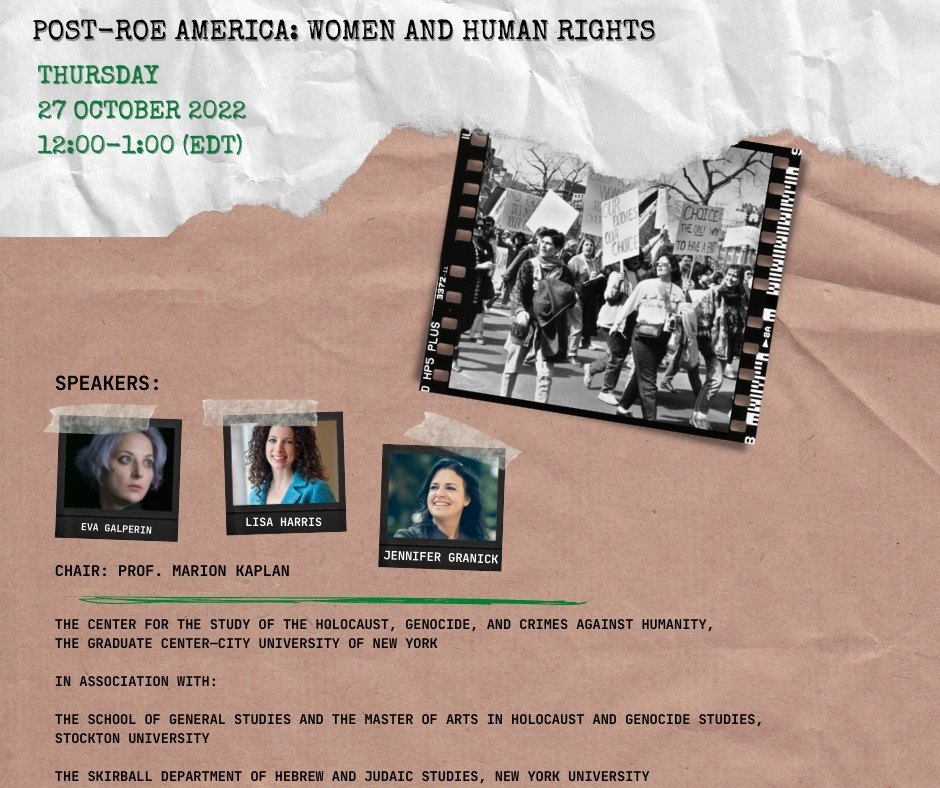Nationwide protests against Covid-related restrictions broke out recently in China following years of a “Zero-Covid” policy imposed by the Chinese Communist Party. The demonstrations, widespread
In mid-September of this year, a young Iranian woman named Mahsa Amini died under suspicious circumstances after her arrest by the morality police for improperly
The transatlantic relationship, arguably the bedrock of the world’s post-World War II international security architecture, came under significant threat during Donald Trump’s tenure in office,
The world’s wealthier countries have in recent years faced challenges from right-wing populist parties and movements that may rejuvenate origins from relatively far in the
The political Left has long faced tension regarding its universalistic commitments and those to the nation it inhabits. The dilemma is captured succinctly in the
The historical record is marked by voids: elided events; disappeared people; erased accounts; marginalized communities. So is our own era. The Center for the Study
The world’s population has just passed the 8 billion mark and an increasing proportion of those people are old, including increasingly the so-called “old old”
The leadership of Hungary and Poland seemingly shared the same playbook when it came to undermining judicial independence, consolidating electoral power, regulating media ownership and
The existence of minorities has been an unavoidable reality of the creation of nation states that almost always have a dominant national group inscribed in
The historical record is marked by voids: elided events; disappeared people; erased accounts; marginalized communities. So is our own era. The Center for the Study

